It’s an exciting prospect, Helen Morse in a play by the great Caryl Churchill. The artistic director of the Melbourne Theatre Company Anne-Louise Sarks is presenting a Churchill double bill: first the 2021 What if Only with Alison Bell (which runs for just twenty minutes) in which a woman confronts the dramatic personifications of grief-laden and hope-shattering possibilities in the wake of the emotional catastrophes she has suffered. And then Helen Morse in the 2016 play Escaped Alone in which the great playwright associated with London’s Royal Court, confronts us with an old woman Mrs Jarrett who sounds the music and the tempestuous horror of what the world can unfold like a nemesis and an apprehension of apocalypse as the old woman berates her elderly contemporaries in an eloquent language of nightmare and rage.
Caryl Churchill is, with great tolling bells on, a lady of the left but she is more particularly one of the very greatest English dramatists to have arisen since the advent of Pinter and his Irish peer Samuel Beckett. And Churchill has the quality of making her dramatic form something signalled by her theatrical preoccupation: so that Easy Money (her devastating dramatisation of rampant monetarism in the 1980s) is largely in rhyming verse in order to dramatise how a formal variety of neo-classicism can mirror the anti-society economic liberalism of Thatcher. She is the greatest female playwright in dramatic history and it was obvious a long time ago that plays like Top Girls were classics which would be there as long as there was a stage to hold them.
It is especially interesting that Helen Morse is doing Escaped Alone because she is an actress of the very first rank by absolute standards. A few years ago, she played the mother in Tony Kushner’s Angels in America and it was dazzling to realise that her performance was actually superior to Meryl Streep’s very fine one in Mike Nichols’ superlative telemovie.
It really should be clear that evaluation is central to what we make of theatre and literature. Doctor Johnson, to give only the most striking example, abhorred everything Milton stood for – his republicanism, his puritanism, even his diction, yet he declared that Paradise Lost was not the greatest of all poems only because it was not the first, invoking Homer.
All of this came up recently in the context of Kevin Spacey’s trial in London apropos of the charge that he had sexually assaulted men and it was cheering that he was acquitted. The actor Robert Sean Leonard testified to the fact that Spacey was the one actor he knew who cared not about his own stardom but about sustaining the theatre. At the Old Vic under his leadership Peter O’Toole was lured back onto the stage, Robert Altman – that supreme auteur of the American cinema – directed Arthur Miller and Spacey invested his own reputation in staging everything from The Philadelphia Story to Eugene O’Neill’s The Iceman Cometh. We should not give short shrift to a man of the theatre and the cinema simply because accusations of sexual misconduct work effectively to destroy a career simply because of the fame of the person accused. And Kevin Spacey was and is a great actor. Cultural memory needs to honour that fact regardless of what is made of his behaviour.
It’s also the case that anyone who has had experience in ranking books or films or stage work is aware of the uncanny movement towards consensus. You didn’t need to have any prompting to hail David Foster Wallace’s Infinite Jest as a masterpiece just as Andrew Riemer did with a somewhat different background. The same thing is true of W.G. Sebald. Germaine Greer is right when she says these things are subjectively apprehended but it’s not difficult to find people who agree with you – in fact it’s remarkable and heartening how many people do.
Not everyone will agree that Charmian Clift (whose centenary falls on 30 August) was a journalist of genius and arguably the very greatest essayist in our history but enough people do. Her biographer Nadia Wheatley is organising a series of celebrations kicking off with one at the Mosman library on 6 September.
In a world where reputations can be destroyed by what looks like a principle of collective and contagious hysteria it’s encouraging in a sad kind of way that Sharmill have announced that the new Woody Allen film, his fiftieth no less, Coup de Chance (Stroke of Luck) is to be shown at the Venice Film Festival prior to a release round Christmas. It’s a thriller, in French, which is a bizarre mutation for the famous New Yorker.
But remember the war against Woody Allen that was conducted a couple of years ago when Ronan Farrow convinced the publishers of Woody Allen’s memoirs to pull them so that the version that was actually published was a rough-hewn version where he repeated over and over how he had been with his step-daughter Soon-Yi Previn for many years. He did not sound like a molesting predator and the book had a disconcerting air of baffled honesty. But Allen does come across – if it’s an act it’s astonishing – as someone who is a victim of social media extremism of the most dangerous kind. It would be nice if Coup de Chance was a French masterpiece.
What you can put your money on is the new documentary about John le Carré The Pigeon Tunnel which Apple TV is showing from October 20. David Cornwell (to give the great spymeister his real name) was a figure of great charm and candour and histrionic brio as his letters A Private Spy testify to. The collected essays that were originally titled The Pigeon Tunnel include an extraordinary account of his conman father, a boggling bewilderment of a man who dominates his most autobiographical novel A Perfect Spy. But Cornwell is the supreme actor manqué, a man of blinding charm. Some months ago he was the subject of a pseudonymous memoir by a woman who says she had an affair with him.
Got something to add? Join the discussion and comment below.
Get 10 issues for just $10
Subscribe to The Spectator Australia today for the next 10 magazine issues, plus full online access, for just $10.
You might disagree with half of it, but you’ll enjoy reading all of it. Try your first month for free, then just $2 a week for the remainder of your first year.


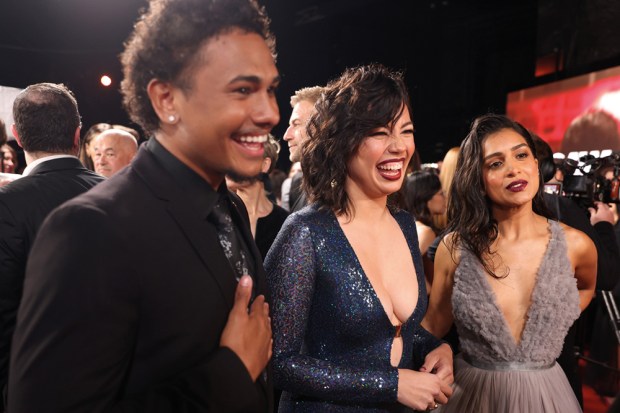
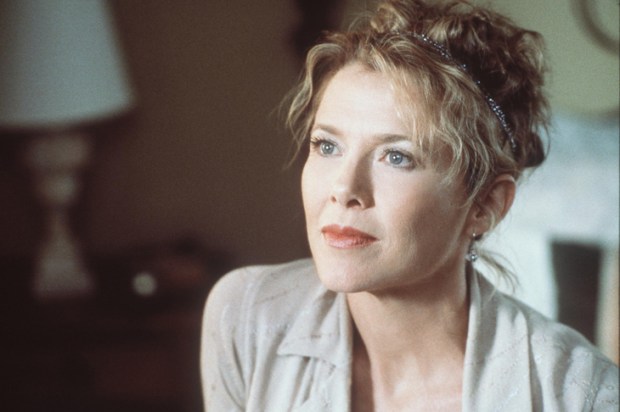

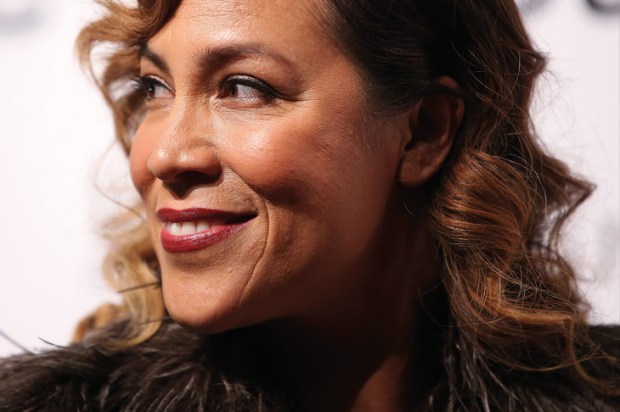
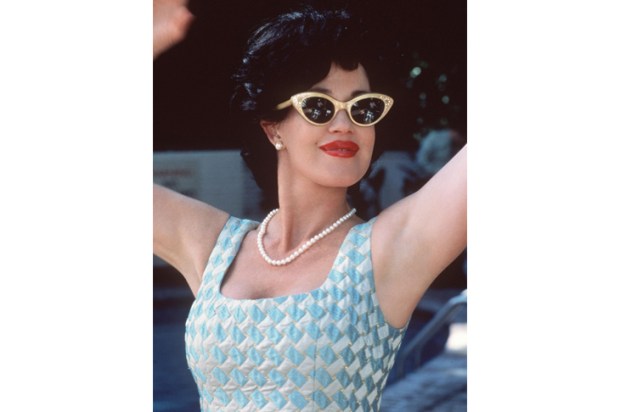
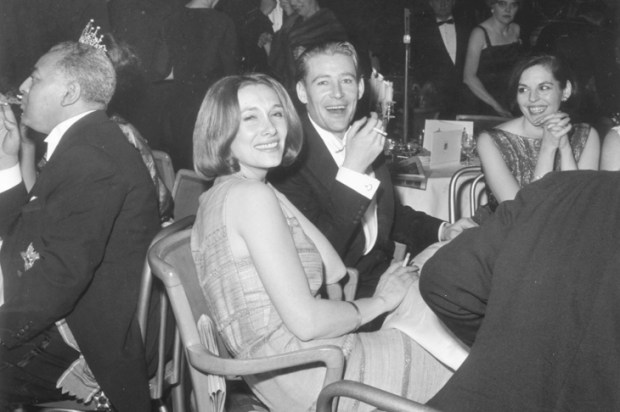






Comments
Don't miss out
Join the conversation with other Spectator Australia readers. Subscribe to leave a comment.
SUBSCRIBEAlready a subscriber? Log in